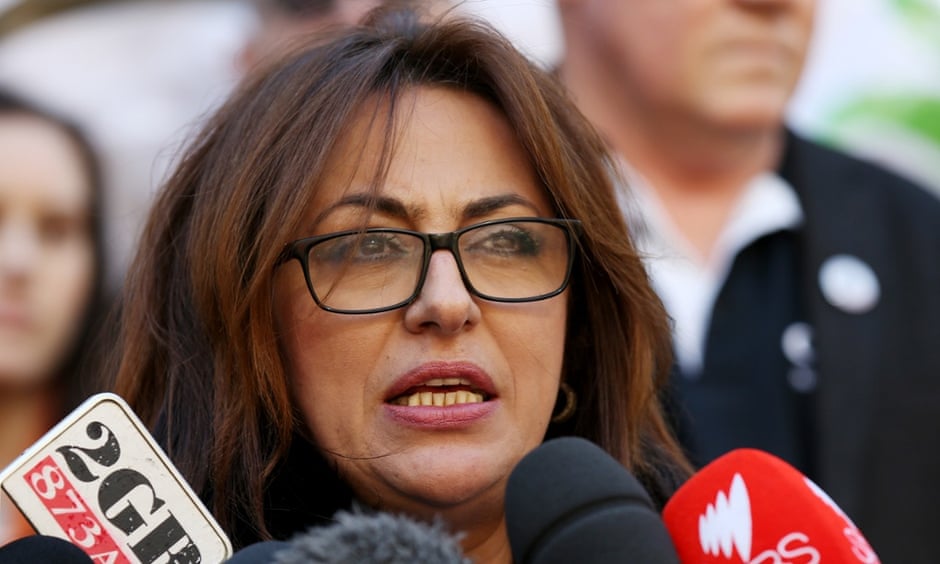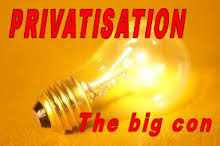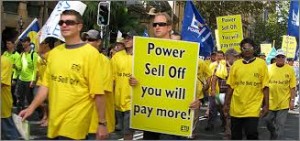Muslim leaders outraged by Tony Abbott's chiding over extremism
Islamic leaders are furious at the prime minister’s suggestion that the community does not do enough to stamp out extremism

The head of the Arab Council of Australia, Randa Kattan, has said the
comments were “promoting hatred and inflaming racism”. Photograph: Nikki
Short/AAP
Muslim leaders are furious at Tony Abbott’s suggestion that the
community does not do enough to stamp out extremism, saying the
statement is the “last card” of an embattled leader who is using
dog-whistle politics to “inflame racism”.
On Monday Abbott delivered a speech on national security,
in which he said: “I’ve often heard western leaders describe Islam as a
‘religion of peace’. I wish more Muslim leaders would say that more
often, and mean it.”
The head of the Arab Council of Australia, Randa Kattan, said the comments were “promoting hatred and inflaming racism”.
Kattan said she had seen a sharp increase in racism levelled at Muslim Australians since the Martin Place siege in Sydney last year, and that the comments by the prime minister are “dog-whistling to the racists out there”.
“It’s not helpful, it’s divisive. It labels our community as being
responsible for the actions of a few,” Kattan said. “It’s not helpful
for anyone to make these statements … How much more can we condemn?”
At least one organisation has announced it will boycott a government
consultation session on deradicalisation programs scheduled for Monday
evening over Abbott’s remarks.
Zaahir Edries, the president of the Muslim Legal Network, said the
group particularly objected to the prime minister’s comment that Muslim
leaders should promote Islam as a religion of peace more often.
“This
clearly shows that the government has not engaged in sincere and
genuine communication with the Muslim community. We have incessantly
denounced violence and encouraged peace, not simply as a responsive
measure but because those are our core religious beliefs,” he said.
“Consequently, we are of the view that tonight will not be genuine
consultation with our community and we will advise our community of our
reasons for non-attendance.”
The head of the Lebanese Muslim association, Samier Dandan, said the
community “has had enough” of the prime minister using national security
as a way of “scapegoating” Muslims.
“This is your last card, prime minister, your last card to save your career.”
He told Guardian Australia that Abbott is blaming other leaders for his electoral unpopularity.
“Stop asking us what we’ve done [to stamp out extremism],” Dandan
said. “Mr Prime Minister, what have you and your government done?”
He said the community had done everything it could, other than
getting “a tattoo imprinted on our forehead” to condemn violent
extremism.
“He’s living in his own cocoon where he wants to look for scapegoats,” Dandan said.
The foreign minister, Julie Bishop, stepped back from Abbott’s statements in question time on Monday.
“I want to applaud members of our Muslim community here in Australia
who are taking a stand against extremism and working with the
government, with mosques and community groups to keep our people safe,”
Bishop said.
Sheikh Mohamadu Nawas Saleem, spokesman for the Australian national
imams council, said the prime minister’s statements failed to take into
account the “silent, behind the curtains” efforts of Muslim leaders to
eradicate terrorism.
“I’m sure imams around Australia collectively already speak out
against Daesh,” Saleem told Guardian Australia. “What we said against
violent extremism, we meant.” Daesh is another term used to refer to
Islamic State.
The sheikh said that community intervention had worked better than the security agencies in identifying radicals.
“It is because of the efforts of imams that Australia is safe,”
Saleem said, adding that Abbott’s comments “demonise Muslims at large”.
The imams’ council has regular meetings with the attorney general’s
department, police and security agencies on how to identify people who
could fall into the clutches of terrorism and work against it.
Saleem said this collaboration has been working well, but there is always more that could be done.
The government initially set aside $13.4m over four years to fund
community engagement programs as part of its counter-terrorism strategy,
but only $1m was set aside in 2014-15 for the program.
Individual groups can receive grants of up to $50,000 each, which some groups say is not enough.
“Is the government serious about solving this problem, or is this just to inflame racism?” Kattansaid.








